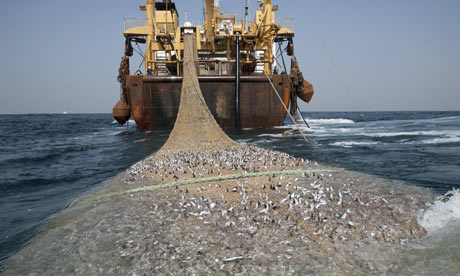- Do we all own nature?
- Does the state own nature?
- Has the state the right to sell nature?
- Should we all share in the fruits of nature?
- Is there a difference between owning the fruits of our labour as to opposed to the gifts of nature?
- How can we make a economic system that can simply reflect the difference between the free gifts of nature and that which we make ourselves?
- What is nature
"People think I'm just trying to look after nice fluffy animals, What I'm actually trying to do is stop the human race from committing suicide." Gerald Durrell
Peter Smith?
The thoughts behind the Renegade Ecologist
There are a thousand hacking at the branches of evil to one who is striking at the root....Henry David Thoreau
"In many ways, nature conservation has become just another method of rent extraction by landowners who are trying to hide the fact that modern farmers’ fields are essentially deserts, devoid of wildlife, and the taxpayer must pay ‘rent’ if we want wild animals to occupy ‘their land’."
Peter Smith
Such a tax would not only stimulate jobs and enterprise but put a value on all of our natural resources and force us to look after them. If it was implemented for agricultural land, where the lower value of perpetually designated wilderness or natural grazing land is reflected in its land value taxation, it would be the surest way to save the wildlife of the UK and for the least cost to the taxpayer”
This would mean hard to farm areas, steep banks, riverbanks, rocky outcrops and areas landowners want to designate a nature reserves, which must be legally binding, could be set aside for wildlife and as such attract no taxation. The result of this would be that unproductive and marginal land would become wildlife havens and receive long term protection for future generation to enjoy. But it would also take away land and monopolies from our plutocrats who own wealth with no obligation to the rest of society, these plutocrats fund both the red and blue (and Yellow) faction of the vested interest or ‘line my friends pocket’ parties that control the legislature in Britain.
This blog is dedicated to teaching those who love nature that there is a simple ‘magic bullet’ that can save the rare wildlife of this country at no cost to the taxpayer. This magic bullet will actually grow our economy and create jobs and help create a better society based on rewarding those who work hard while penalising idol people who make monopolies such as bankers and landowners.
The solution if adopted worldwide would alleviate poverty and starvation and make a significant contribution to preventing war and terrorism.
Follow me on twitter: @peetasmith
Views are my own and don’t reflect the views of Wildwood TrustTuesday, 16 July 2013
Who owns the fish in the sea?
How do we stop the Insect Apocalypse?
There have been a number of articles this week on the insect apocalypse, with some studies showing an 80% drop in insect numbers since the l...

-
Interesting the solution to the problems of flooding is the same for many of the problems facing Britain in the economic, housing and enviro...
-
There have been a number of articles this week on the insect apocalypse, with some studies showing an 80% drop in insect numbers since the l...
-
Or why the green movement has trouble accepting the one policy that will guarantee their objectives. Land Value Tax (LVT) in its full...





